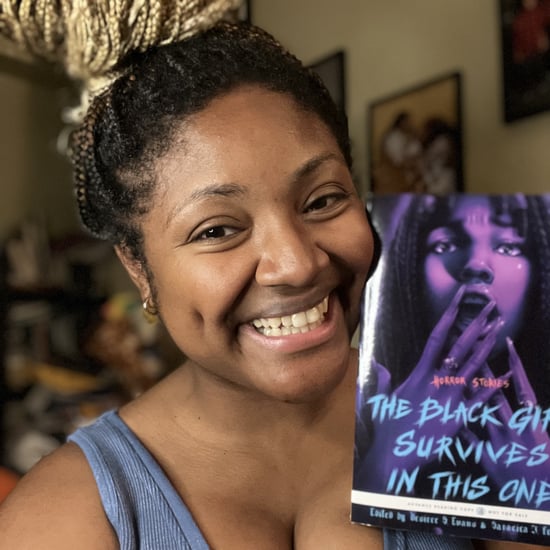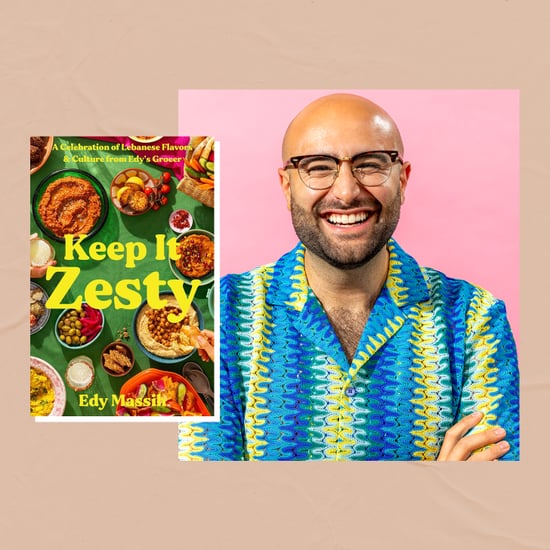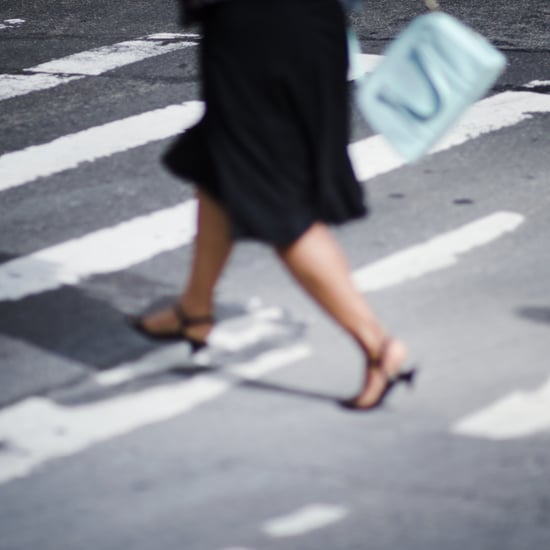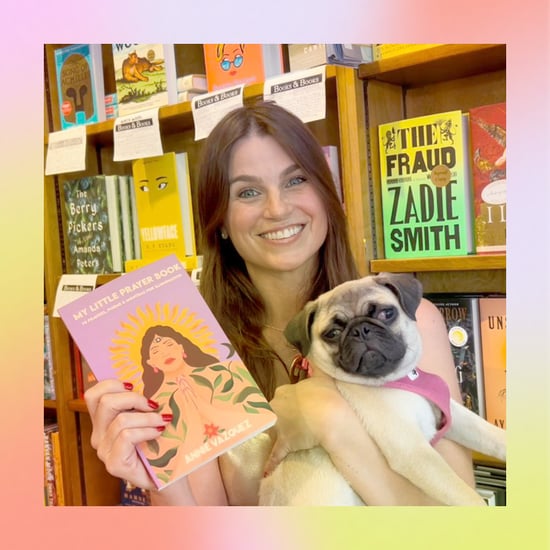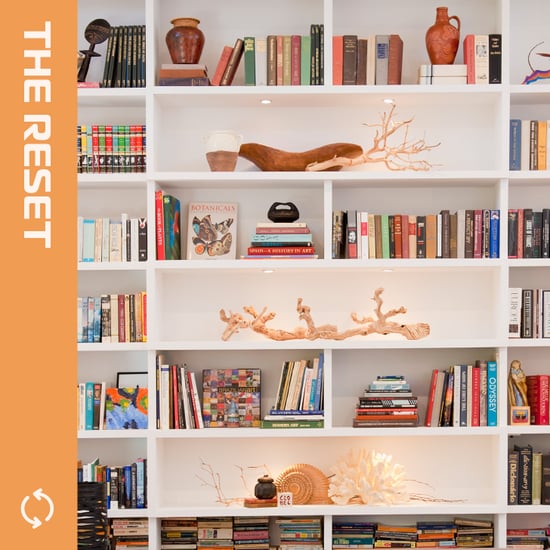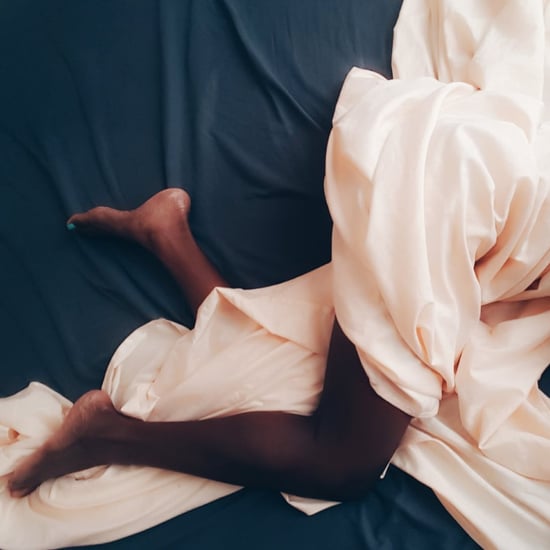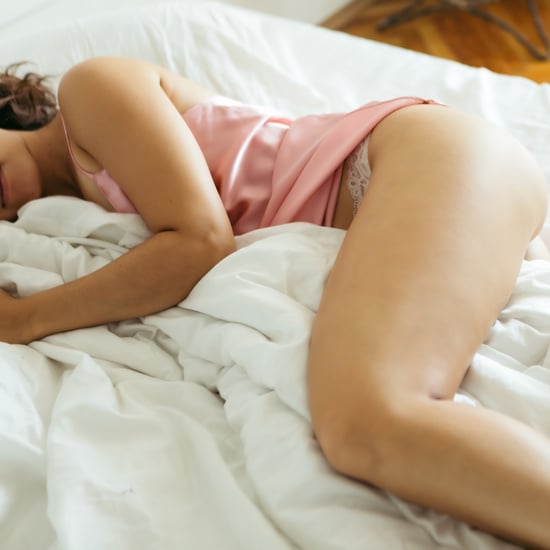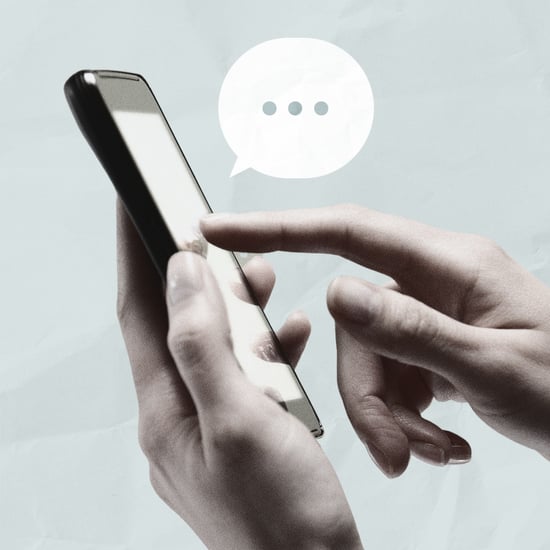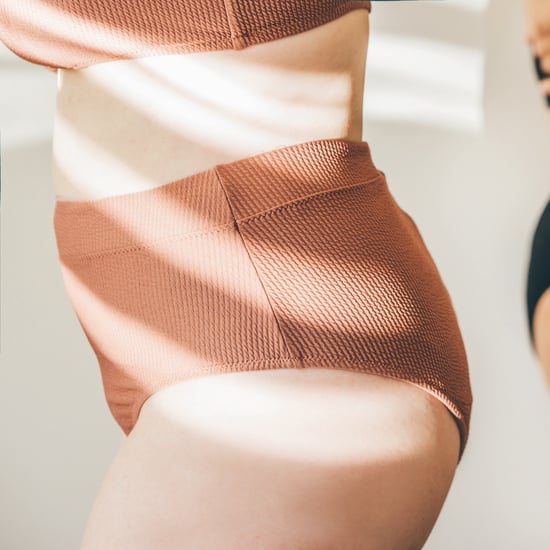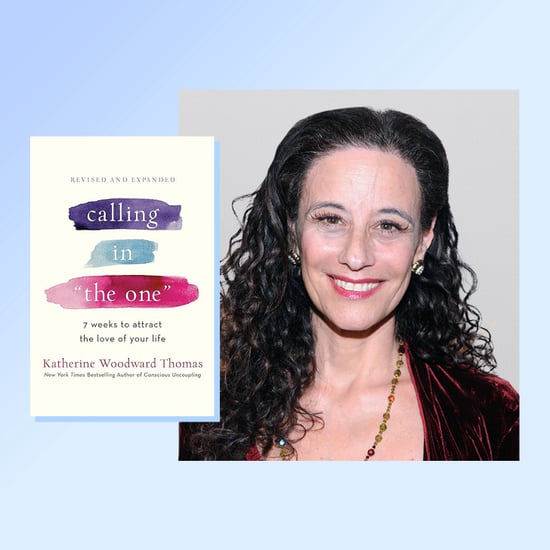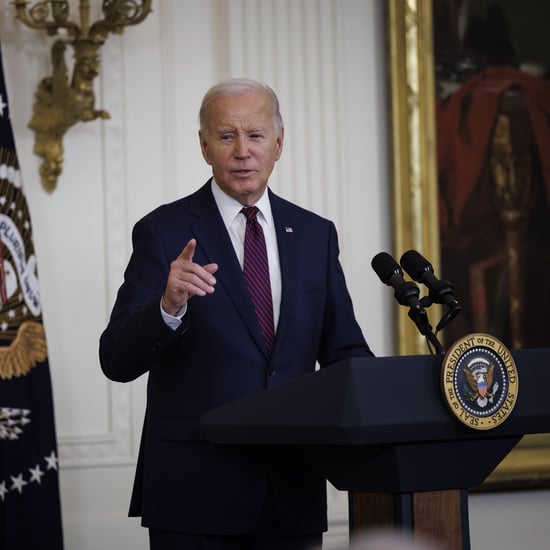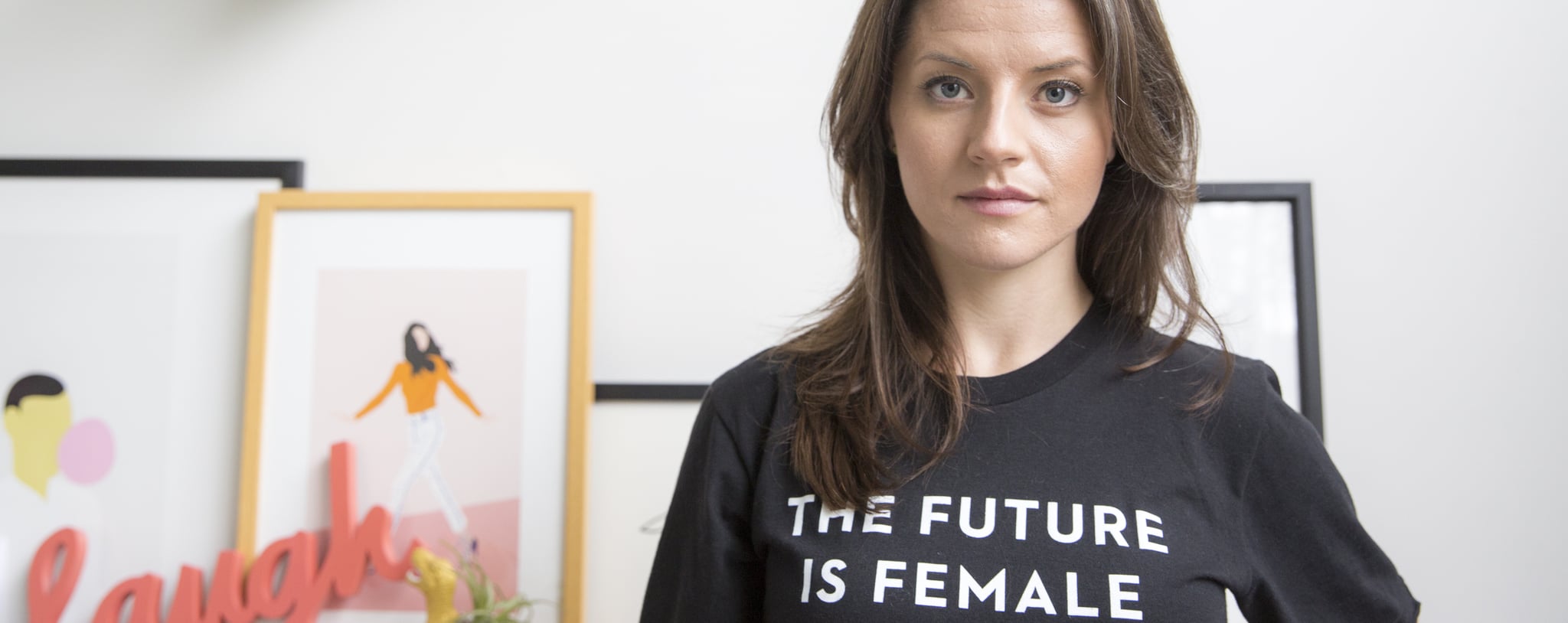
Tampon Delivery Services
Female Entrepreneurs Are Making Innovative Products For Your Period
Yes, Period Products Can Be Cool
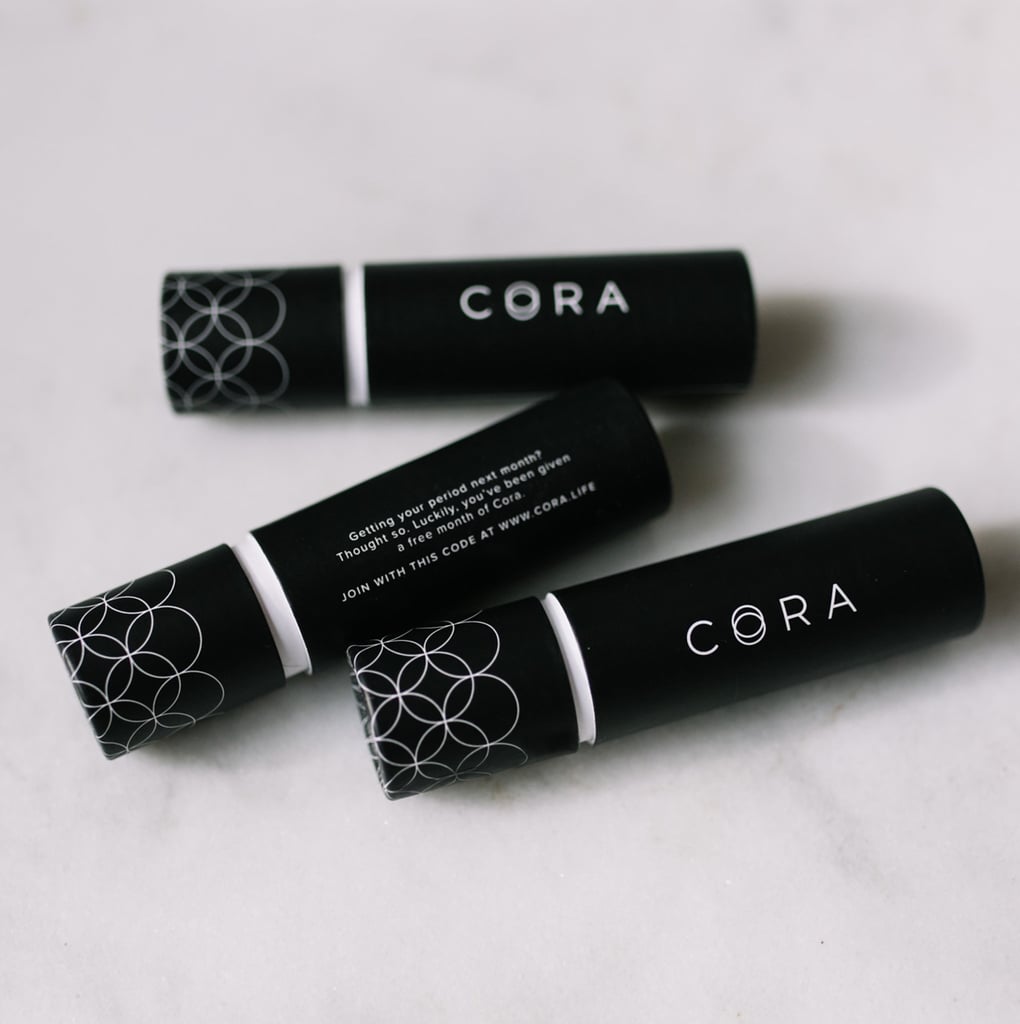
Let's start with Cora, a subscription service for organic tampons with black packaging that bears closer resemblance to a lipstick than to a shiny yellow plastic bullet. But the brand is not just content with being pretty. For every month of Cora tampons you buy, Cora provides one month's worth of pads to women and girls in need in India through its partner, Aakar Innovations. Then there's Thinx underwear. You've likely come across the cheeky ads for its ultra-absorbent (and cute) underwear that offers an alternative to pads, tampons, and cups. Newcomer feminine-care brand Lola will ship you 100 percent organic cotton tampons, pads, and panty liners right on schedule. Lola also recently created a refreshingly elevated period starter kit for girls.
And women are behind all of this. For decades, a handful of companies have dominated the $15 billion feminine hygiene space. But today impressive startup companies led by female entrepreneurs are finally disrupting it.
"Feminine care as an industry had been stale for such a long time, so it was overdue for innovation," said Alex Friedman, a cofounder of Lola. "As women, we’re naturally more prepared to know how to make periods better, simply because we’ve had years of firsthand experience." When starting her business, Friedman and her cofounder, Jordana Kier, decided to create a period experience they would want themselves.
They'll Actually Make Your Period Better

Female Leaders Are Crucial to Progress
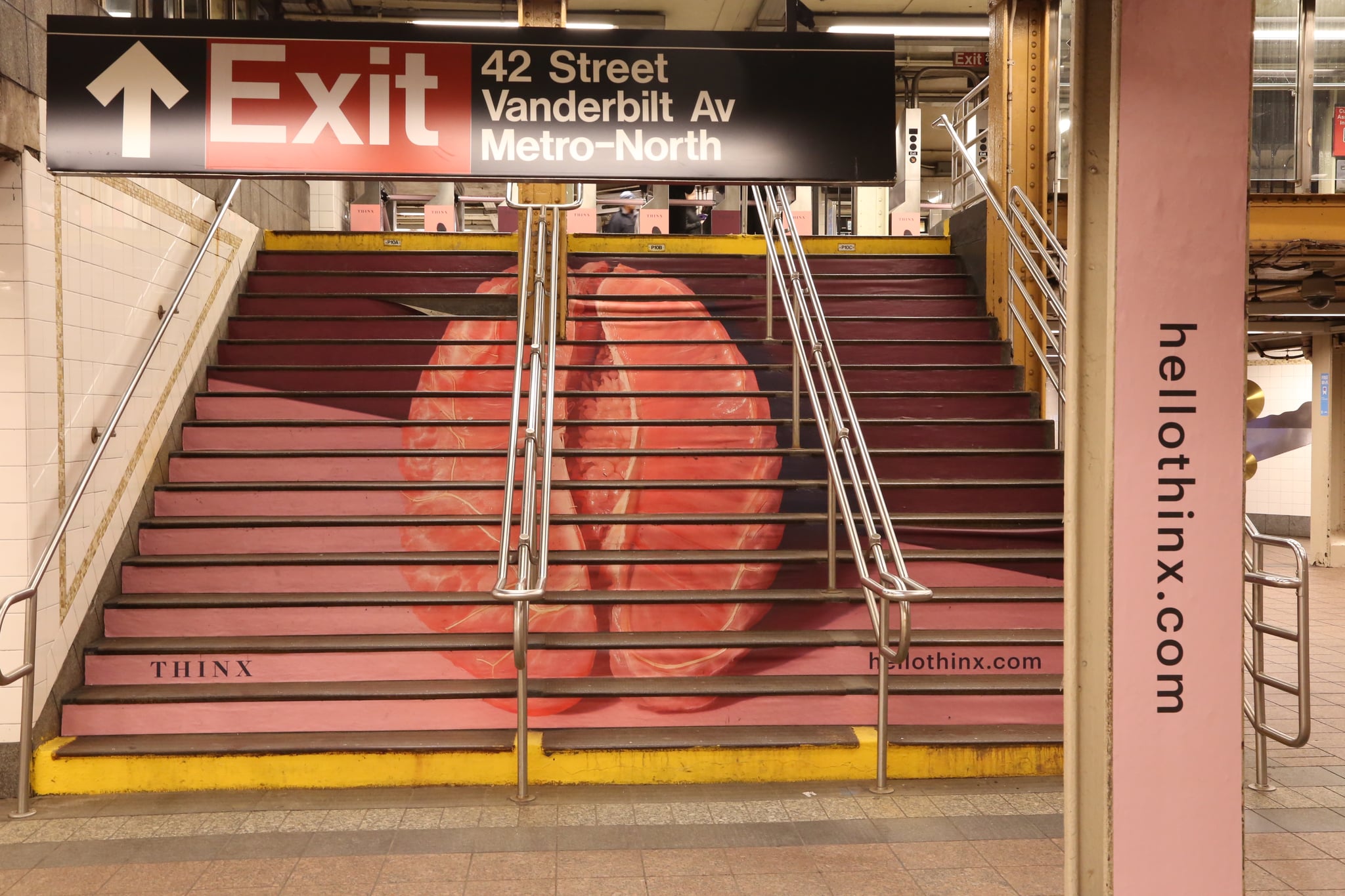
"The culture in America is very oppressive about sexual parts, specifically for women, not to mention skewed toward the male gaze," said Miki Agrawal, the founder of Thinx period underwear. (While Agrawal has recently been criticized for alleged inappropriate workplace behavior, we are still fans of the Thinx product.) She believes these deep-seated attitudes make women feel inferior and insecure. "The more we as women can face ourselves and our body parts and take pride of the amazing things our vaginas can do — like create life, feel pleasure, have babies, excrete things our bodies don't need — the more empowered we will be overall." Thinx’s blunt advertising is one step toward that.
If you want to see what things look like when women aren't driving the conversation around menstruation, look no further than the so-called tampon tax. In many US states, tampons and other feminine care products are not tax exempt like other medical necessities. Instead, tampons and pads are treated as a luxury item, which means you pay an additional four percent at checkout. Think about how crazy that is: tampons and pads are officially considered "nonessential" items in many parts of the US. If they're so nonessential, why are disadvantaged girls around the world missing school when they get their periods and don't have access to pads or tampons?
Obviously, menstruation is not a choice, so why does the government act like it is? Perhaps because our government is often disproportionately run by men. Note that medical necessities and prescription drugs like Viagra are not taxed, yet tampons are. According to California legislator Cristina Garcia, each California woman spends $7 per month for tampons and pads over the course of four decades. When taxed, that gives the state $20 million in revenue each year. In 2016, she introduced a bill to end the tax in America's most populous state, but California Governor Jerry Brown vetoed it, citing budget concerns. Apparently, fiscal responsibility relies on women getting their periods.
Despite the frustrating lack of progress in California, we are seeing a serious evolution in period realness. In general, feminine hygiene is becoming part of the discussion around wellness, just like working out and eating right. Lola's cofounder Friedman said it's no coincidence that the product revolution in the industry has coincided with an increased conversation around previously taboo topics. Until recently, women weren’t given an opportunity to talk about their periods or never thought they wanted an opportunity, she said. "As a company for women, by women, Lola continues that conversation to increase transparency in the feminine care industry, destigmatize the topic of menstruation, and improve menstrual care equality for women." And since the founders themselves are women, they can tailor the products toward something they would actually need and use.
When it comes to product and brand innovation, Cora's founder agrees women are best suited to guide the vision. But she doesn't think this should be to the exclusion of men. "I think it takes women and men working together," Hayward explained. "If you look at any online social discourse on women's health or periods, you'll see just how far we have yet to go to eliminate the taboo of menstruation and women's bodies among the male population." Hayward said the stigma around periods has been driven by the persistent misogyny in our culture. "We need to include men in this movement if we are going to experience a true and universal cultural shift."
Hayward's business partner is a man, which has given her a positive outlook on how we can collaborate. "Having a male cofounder, I am convinced that men possess the capacity for immense empathy and valuable insight in this space, even though they may not use the product themselves." Hayward said the men on Cora's team are passionate about creating solutions for their wives, girlfriends, female peers, and girls and women in need. "They know that women's health and empowerment makes all of society and the world better."
They're Investing in Lasting Change
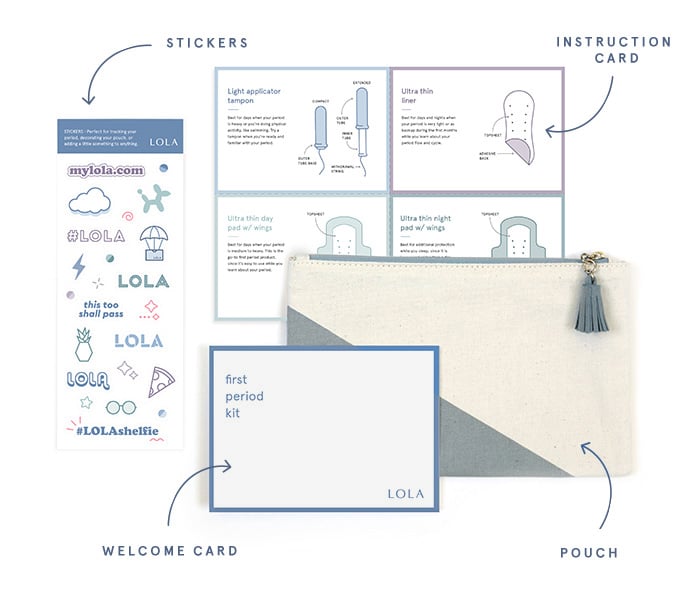
One way Lola wants to work to end shameful feelings toward our bodies is by changing the experience of a girl's first menstruation, since Friedman and Kier know how crucial this moment is. A positive experience can lead to transparency and acceptance, whereas a negative one can breed shame. So they've recently launched a "starter kit" for girls new to the period game.
"How a girl feels about her first period and how those around her react to that crucial life moment can influence her comfort with her own development for years to come," Friedman explained. If the adults and role models in her life make comments or send signals that suggest periods should only be discussed in private or never at all, it’s likely that she will feel uncomfortable talking about the topic openly in the future. "When it comes down to it, periods are a natural part of life. Although puberty can be awkward, we shouldn't be embarrassed to talk about periods."
After hearing hundreds of stories from moms, dads, girls, friends, and doctors, Lola created its First Period Kit. For $34, the kit comes with a variety of organic pads, liners, and tampons, including an instructional card for each product type. To make storage easy, girls also get a stylish canvas pouch and a keepsake box for at-home storage, and Lola throws in a sheet of stickers for period tracking. The design is approachable yet mature. For a girl entering this new stage of life, it might feel like a welcome package from an invitation-only club.
"Getting your first period is a huge life moment, but it shouldn't be scary or unexpected," said Kier. Unfortunately, many girls are not ready. Ahead of the starter kit launch, Lola did a brand study that found 64 percent of women did not feel prepared for their first period. And 77 percent of women who use tampons recalled feeling nervous, embarrassed, or intimidated the first time they used one. "We’re helping girls feel more prepared for their first periods, whether that comes from knowing she has products in her locker at school or straightforward and easy-to-understand information readily available."
Lola's thorough 30-page introduction to periods guide is also available online (you must enter your email to view). It has real-talk advice in its extensive FAQ section, like this:
- Q: What if I get my period at school/away from home and I forgot my period products?
- A: Best case scenario, you find a bathroom with period products or a prepared friend to save the day. Worst case scenario, roll up toilet paper in a wad and place it in your underwear until you can find a pad or tampon. Remember, at school, you can always ask a nurse or teacher (even a male teacher) for period supplies.
The toilet-paper struggle probably sounds familiar, even if you're not in middle school. The Lola team members said they combined what they know now and what they wish they'd known then to make the first period experience better. The goal is to encourage young girls to have open and honest discussions from an early age so they realize it’s OK to speak up more about these topics. "Looking back, we wish we’d been more ready for our first periods," Friedman admitted.
Because of these female entrepreneurs, you can now express your sense of style with your tampons. You don't need to make emergency drugstore tampon runs thanks to subscription delivery services. You can avoid day-ruining bleed-throughs with absorbent underwear. And you can also help improve the menstruation experience for girls in the US and abroad. That just might be enough to make you look forward to your period.
